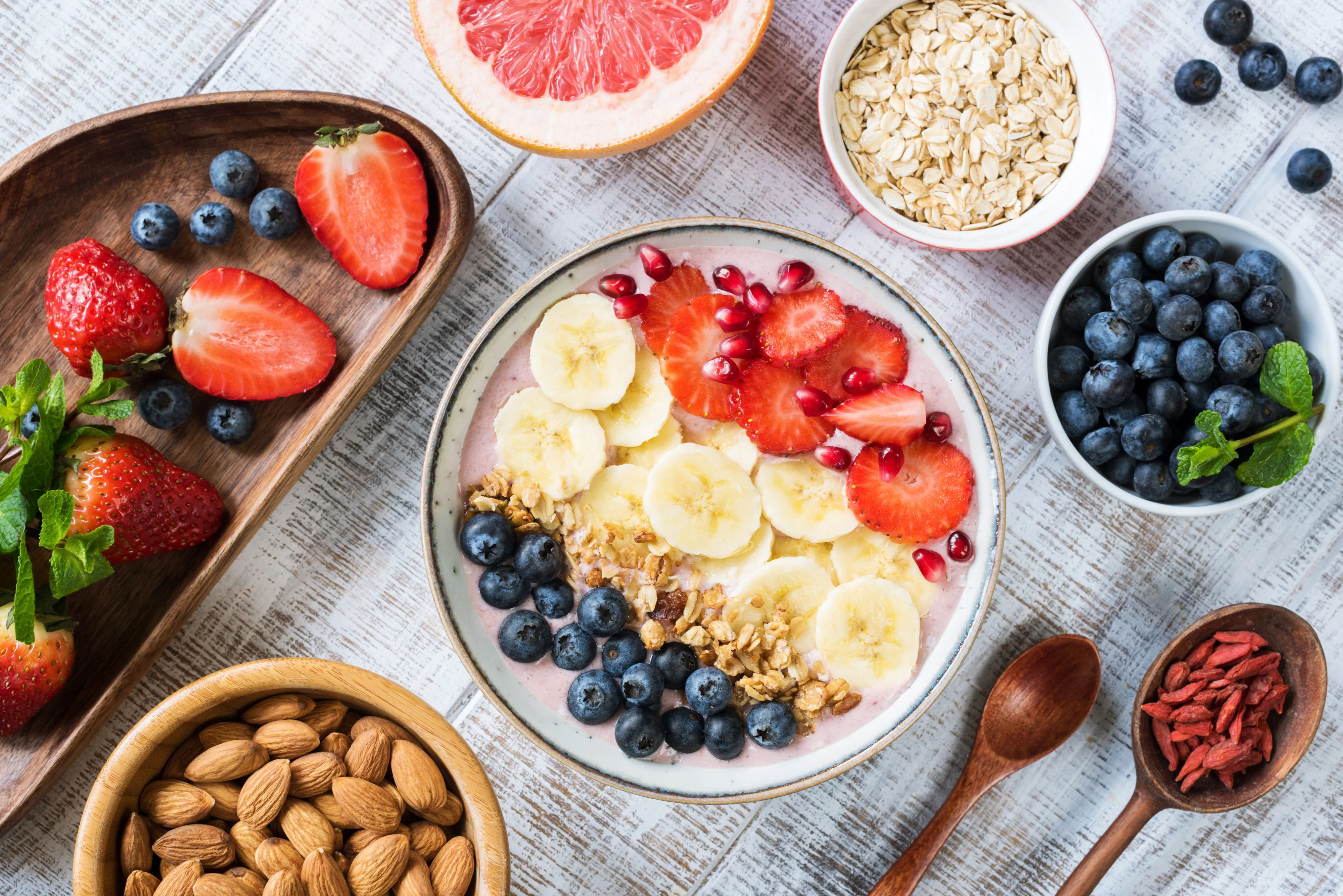A dietitian dishes on ditching processed food
When it comes to eating, “treating yourself” typically refers to eating your favorite cheat meal or taking a trip to the kitchen for a late-night snack. But in the end, splurging on sugary sweets or fast-food favorites is the complete opposite of treating yourself. According to Baton Rouge General registered dietitian Kristin West, these processed foods might be convenient, but when it comes to our moods and energy levels, they aren’t worth the time saved.
“Highly processed foods are laden with preservatives and added sugars that keep us on a blood-sugar rollercoaster, resulting in an energy crash,” West says.

She warns to be especially cautious of foods labeled with long lists of ingredients that you can’t pronounce or identify. And–sorry, Diet Coke lovers–avoid artificial sweeteners. These fake sweets stimulate food cravings and feed bad bacteria in the digestive system, harming our gut health, which is the compass of our overall health, she says.
“Many of the preservatives in processed foods have been linked to anxiety and ADD symptoms,” she says. “It’s amazing to me how many patients feel like a new person when they clean up their diet and eat real food.”
Chips still calling your name? Same. But don’t fret, there are easy alternatives to subduing your snacking craze.
“Choosing snacks that are whole foods can be a helpful way to ditch all of the unwanted preservatives and added sugars. For example, fruits, nuts, cheese, olives or raw veggies with hummus or guacamole,” West says.
Aside from snacking alternatives, it is important to balance your meals with vegetables, grilled or baked meat, and a healthy carb like legumes or sweet potato. The quality of your meal also depends on your preparation, so make to cook your food in a healthy fat like extra-virgin olive oil or avocado oil, and use butter instead of margarine.
Here are some of West’s favorite processed-free meals:
- Burrito in a bowl with cauliflower rice: Grass-fed beef with taco seasoning, cauliflower rice, peppers, black beans, onions, salsa and guacamole.
- Homemade hamburger: Wrapped in lettuce and topped with grilled onions and mushrooms; serve with a side of baked sweet potato fries.
- Spaghetti squash with grilled chicken: Serve with homemade pesto sauce for a flavor-packed entree.
“To keep it simple, you can just do a grilled protein with a big plate of roasted vegetables seasoned with sea salt and pepper and garlic and onion,” West says. She also suggests trying to make your own salad dressing, using olive oil or avocado oil to avoid inflammatory oils.
Ward off unwanted calories by never skipping meals, West advises. By skipping meals, you are only increasing your food cravings and the likelihood of binging out later. When dining, fill up on lower-calorie, nutrient-dense options first–think non-starchy veggies–before moving on the heavier-calorie items.
“How often do we fill up on the calorie-heavy stuff and then save no room for the most important things on our plate, the vegetables?” she says.
Lastly, though it may seem impossible during this time of the year, it is important that you get enough sleep, West says.
“Rest, rest, rest!” she says. “There are so many studies that link a lack of sleep to increased food cravings and weight gain.”












